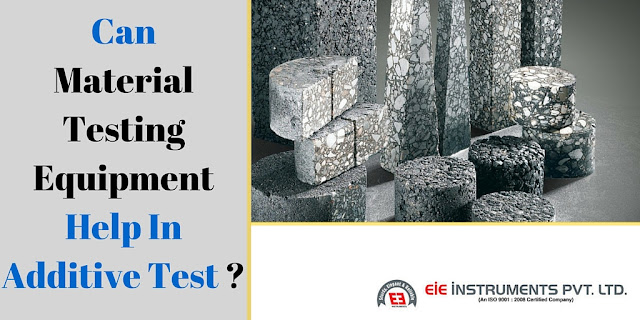NDT methods are performed with non destructive testing equipment to know the quality and condition of concrete, without damaging or tempering the concrete. There are few NDT methods that may be performed to find the location and development of cracks and invisible voids at the concrete surface as these things affect the structural or durability performance of concrete.
As these methods are specialized and performed with specific equipment, operators need to be well trained and familiar with the functions of the equipments and all factors that affect test conditions. They are also able to understand readings and responses obtained from the methods. Results must be evaluated and interpreted properly by professionals who are aware of the certain NDT technique.
Every NDT method has its limitations and benefits. It is always important to avoid any negative influences like weather conditions, and to know the limits of the testing method for various objects. There are some NDT methods that are comparative and dependent on a reference sample, such as a flawless item or a test series of cylinders to make the base response.
Some testing methods are-
Every NDT method has its limitations and benefits. It is always important to avoid any negative influences like weather conditions, and to know the limits of the testing method for various objects. There are some NDT methods that are comparative and dependent on a reference sample, such as a flawless item or a test series of cylinders to make the base response.
Some testing methods are-
- Penetration tests
The Windsor probe is usually considered as the best way to test penetration. Testing equipment has a powder-actuated gun or driver, loaded cartridges, hardened alloy probes, depth gauge for measuring probes penetration, and more related equipment.
This testing method has a potential to bring a quick means of determining quality and maturity of concrete. The test is non-destructive in nature.
- Dynamic tests
Ultrasonic pulse velocity method shows potential for testing strength of the concrete. With this method, experts measure the travel time of an ultrasonic pulse passing through the concrete. The time taken for the pulse is measured by electronic measuring circuits.
This method is ideal tool for finding the uniformity of the concrete. This method can be used on both existing and under construction structures.
All these methods are performed with specific non destructive testing equipment that is available in the market at hardware stores. You can find them online as well. EIE instruments suppliers are among pioneer reliable partners that offer premium range of NDT equipments at reasonable rates. Contact them and avail the products at least prices.
All these methods are performed with specific non destructive testing equipment that is available in the market at hardware stores. You can find them online as well. EIE instruments suppliers are among pioneer reliable partners that offer premium range of NDT equipments at reasonable rates. Contact them and avail the products at least prices.
Read More Related This :
TDS checking device is one of the useful soil testing instruments that checks total dissolved solids in water. Dissolved solids are any minerals, metals, salts, anions or cations dissolved in water. It includes anything dissolved in water other than the H20 molecule and suspended solids.





